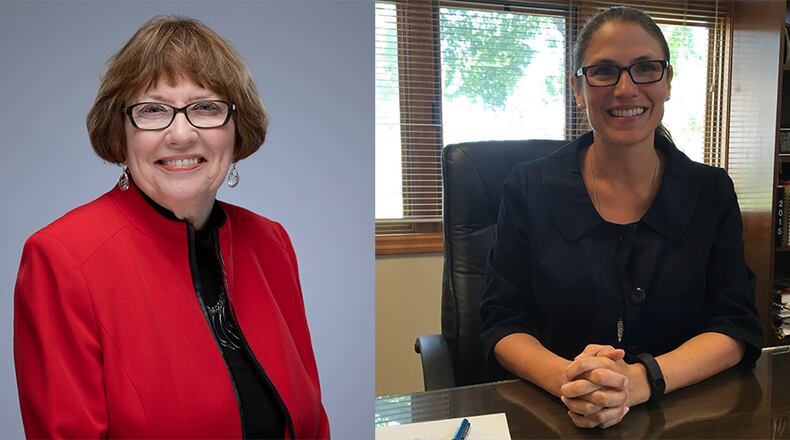What’s important to recognize is how blind addiction is to the characteristics we often use to describe — and separate — ourselves. Urban or rural? Race? Income? Age? Faith tradition? Political party affiliation? None of these things matter to the epidemic. We both serve communities of all kinds, with people of all kinds, and we have seen addiction’s unforgivingly broad sweep hit them all. Lives have been lost, communities have grieved, families have been torn apart, children have had to be relocated to other caregivers — and these are just a few of the tragedies we have seen.
Rightly, Ohio’s state and local leaders vigorously sought accountability and justice from the pharmaceutical industry — and they have succeeded. Money is no replacement for lost and fractured lives, but it can provide resources for prevention and recovery, and Ohio is receiving significant sums from legal settlements with the pharmaceutical industry — more than $800 million from one distributor settlement alone.
Thirty percent of these funds will go directly to local governments for immediate relief, treatment, recovery and prevention, while 15 percent will go to the state. The remaining 55 percent — approximately $450 million from the distributor settlement — will be managed by the OneOhio Recovery Foundation, a private, nonprofit organization charged with distributing funds to organizations involved in prevention and recovery. A portion of the funds will also create an endowment for future needs.
The Foundation is governed by a 29-member board from across Ohio — 10 members appointed by the governor, attorney general and state legislative leaders, and 19 members selected to represent local regions. We represent two separate regions, 8 (Montgomery County) and 14 (Butler, Clark, Clermont, Clinton, Greene, Madison and Warren counties).
The Board’s first mission is organizing the Foundation. Like any start-up, creating governance policies, hiring qualified staff, getting office space and setting up financial management processes and investment strategies are essential first steps. They all lay the groundwork for long-term success. All of the Board members are as impatient as we are to begin distributing funds, but we all also know that setting a solid governance foundation and fiscal stewardship will pay off for years to come.
Once the initial organizing work is done, the Foundation will then begin working with the 19 regions and the prevention and recovery community to clarify criteria for eligible projects and processes for request submission and approval. This will not happen overnight, but will be done intentionally, with sensitivity to the diversity of our state, the myriad of ways the epidemic and trauma have impacted different communities and awareness that Ohio will receive its funds in annual disbursements over the next several years, depending on the terms of each settlement.
Accountability for those involved in the epidemic is essential, and we applaud our state and local leaders who successfully pushed hard for it. The next step is to make sure that constructive use is made out of the funds Ohio is receiving to both aid in the healing recovery and help do everything possible to prevent substance use disorder, now and in the future. Our state suffered the epidemic together — and we are still suffering — but we will recover as one. Fortunately, we have the resources to help. We look forward to getting those resources to work for all of us.
Judy Dodge is a member of the Montgomery County Board of Commissioners. Dr. Greta Mayer is the chief executive officer of the Mental Health Recovery Board of Clark, Greene & Madison Counties.
